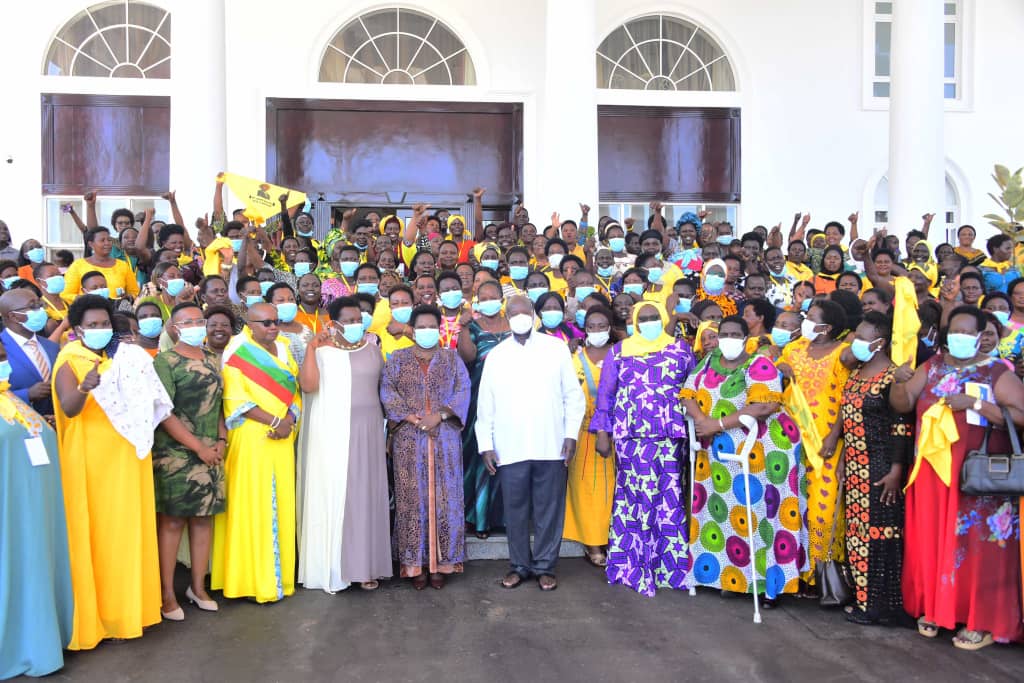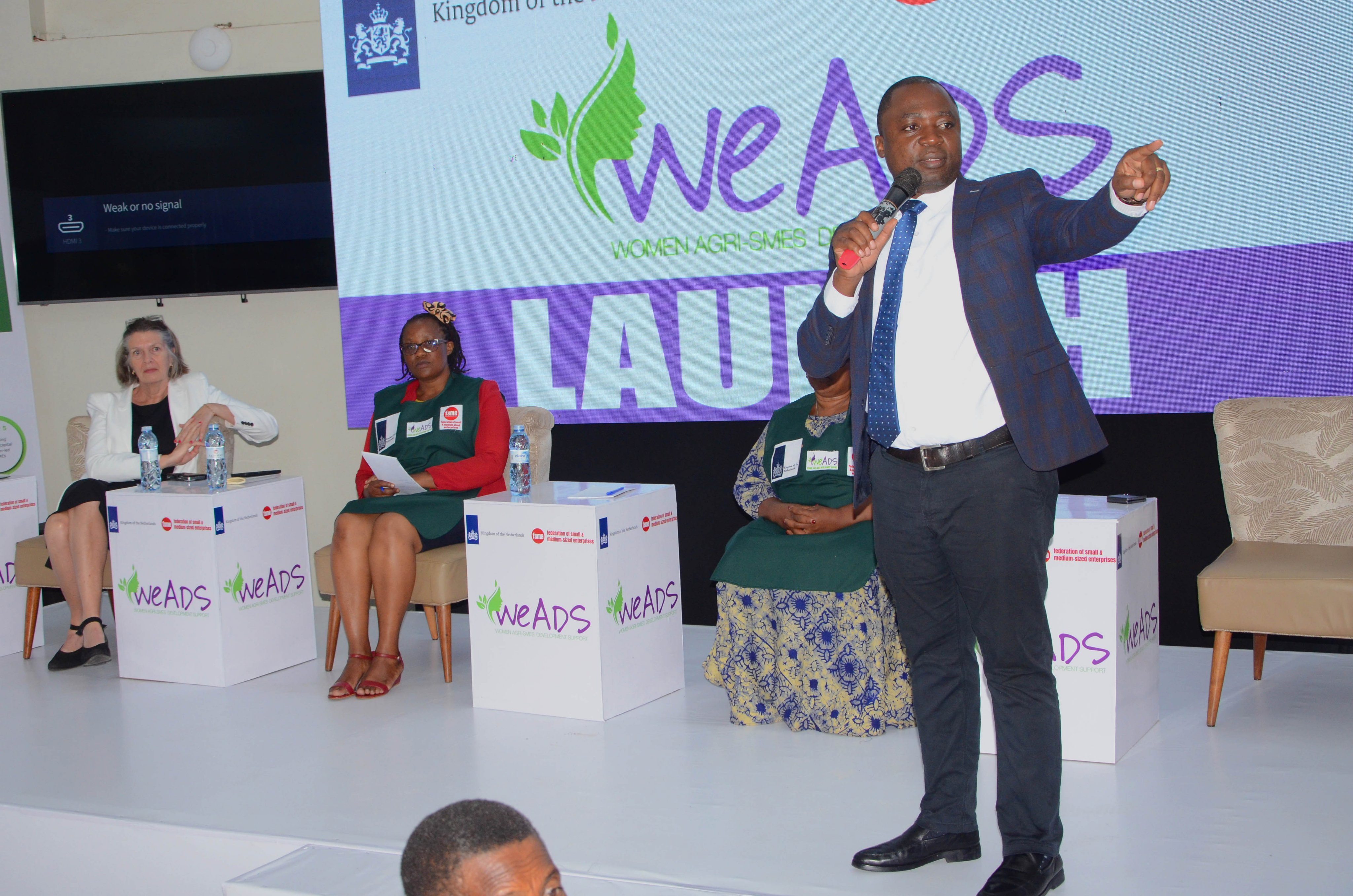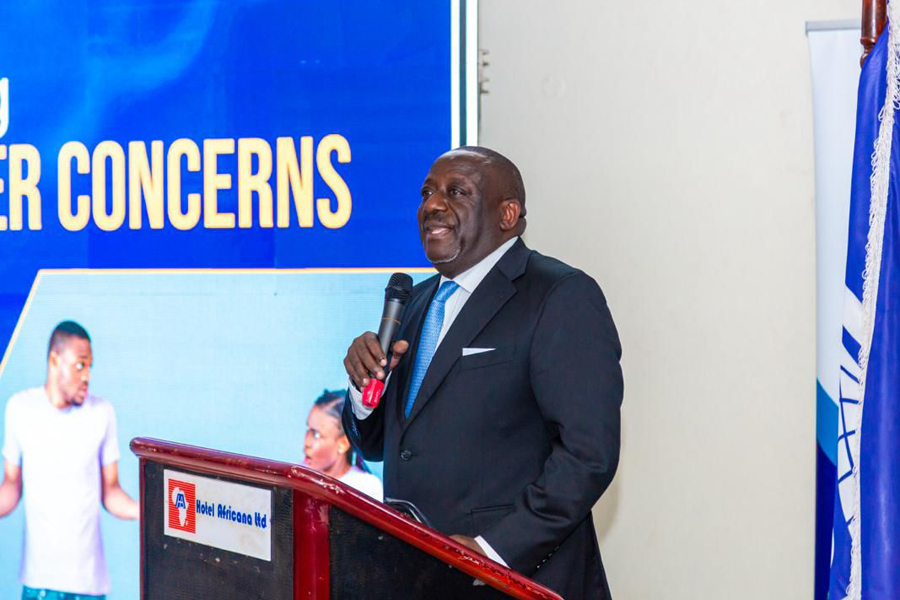Report: Only 27% of public servants are women
A paltry 27% of public servants in 24 ministries, six statutory authorities, Parliament, the Judiciary and three academic institutions are women, according to a new study by the non-government organisation, Forum for Women in Democracy (FOWODE).
In the second edition of their, ‘Reality Check: Women in Leadership Positions in Uganda’ report, FOWODE says that of the 54,993 public servants that occupy those public jobs, only 14,845 are women while 40,148 are men.
Keep Reading
Women’s representation remains lean at senior, middle and top management levels, yet these are structures where critical decisions that shape the direction of the institutions take place.
A higher percentage of women can be found in some positions with the highest representation registered at the officer level entry (72%), with senior officers at (57%) and principal officers at (55%).
There is hardly any evidence of conscious and systematic strategic interventions to mainstream gender in the human resource function of the Ministries, Departments and Agencies, FOWODE says.
According to FOWODE’s study, apart from the Integrated Personnel and Payroll System (IPPS) dataset obtainable at the Ministry of Public Service – which was clearly disaggregated by sex, staff positions, profession, and other indicators – most of the staff lists available in Ministerial Policy Statements were not disaggregated by gender.
Without gender-disaggregated statistics, the women rights organization says, “it becomes difficult to trace and respond to particular gender inequalities such as marginal representation of a certain sex at different organizational levels, inadequate participation or gender stereotypes in the institutions of government.”
In majority of the MDAs, women remain relegated to junior-level positions, and, as the report points out, the “absence of women at these [top] managerial levels negatively impacts women’s participation in critical decision-making fora of ministries.”
Stereotyping remains a challenge in achieving gender parity, with women bracketed out of key positions on grounds that some critical positions can best be occupied by men.
Stereotypical statements that are bandied around to lock women out of key positions are always likely to be sexist, causing further psychological harm to women.
Whereas the Ministry of Public Service argues that it recruits on merit and gives equal opportunity to all Ugandans to compete for the available positions whenever available, FOWODE’s lead researcher for the study, Makerere University’s Professor Josephine Ahikire asserts that it is important to note that merit, upon which government bases staff recruitment and promotion is itself gendered.
Due to gender norms and stereotypes, Ahikire says, “women and men find themselves taking different academic professions, given different levels of exposure and room for creativity. These differences are widened by men’s and women’s experiences in their reproductive age, marriage, childbearing and nurturing in the domestic sphere. These contribute to one’s availability and mobility at the workplace and the readiness to take on new assignments.”



















